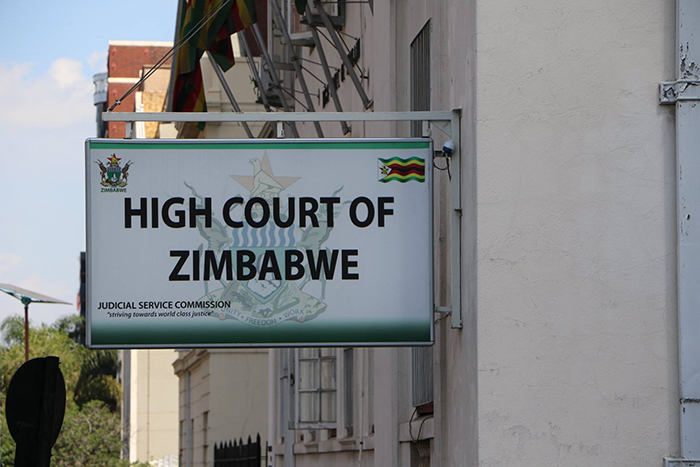By Tarisai Machakaire
The National Peace and Reconciliation Commission (NPRC) will now run up to 2028 following an extension of its operational period by the High Court.

The NPRC, which was supposed to come into force in 2013, was only operationalised through an Act of Parliament in January 2018, with its mandate scheduled to end in 2023.
Concilia Chinanzvavana, who is a member of the opposition MDC, filed a High Court application demanding that the 10-year lifespan of the commission should end in 2028, and not in 2023 since government did not operationalise it immediately after the adoption of the new Constitution in 2013.
She was represented by Tendai Biti, backed by Zimbabwe Lawyers for Human Rights.
“It is my conclusion that the reference to 10 years in section 251 (1) of the Constitution is in relation to the life of NPRC after its establishment after the effective date and not the period within which it must be established,” High Court judge Joseph Mafusire ruled.
“Unquestionably, it must have been established immediately after, or as soon as practicable, after the effective date in line with section 324 of the Constitution.
“The NPRC is the only one with some proscription as to time but its mandate is so broad in terms of time and scope…to ensure post-conflict justice, healing and reconciliation. Conflict needs to be investigated and remedial action taken to avoid recurrence.
“This judgment is written against a background of deplorable violence on August 1, 2018 and January 1,9 in which people died. All this is massive work for the NPRC not to mention other episodes of violence in the past.”
Chinanzvavana is a torture survivor who suffered enormous abuse at the hands of State security agents after the sham 2008 election results were announced.
“There have been delays in operationalising the commission for political reasons. Zanu PF did not want to have their atrocities investigated hence the reason it took them five years to set up the commission,” Biti argued.
“The commission should have been operationalised in 2013 and expire in 2023 according to the Constitution.
“So, we want to know what will happen to the other wasted five years. We submit that the 10-year lifespan of the commission start in 2018 so that it will have time to look into the atrocities committed against the applicant.” DailyNews






